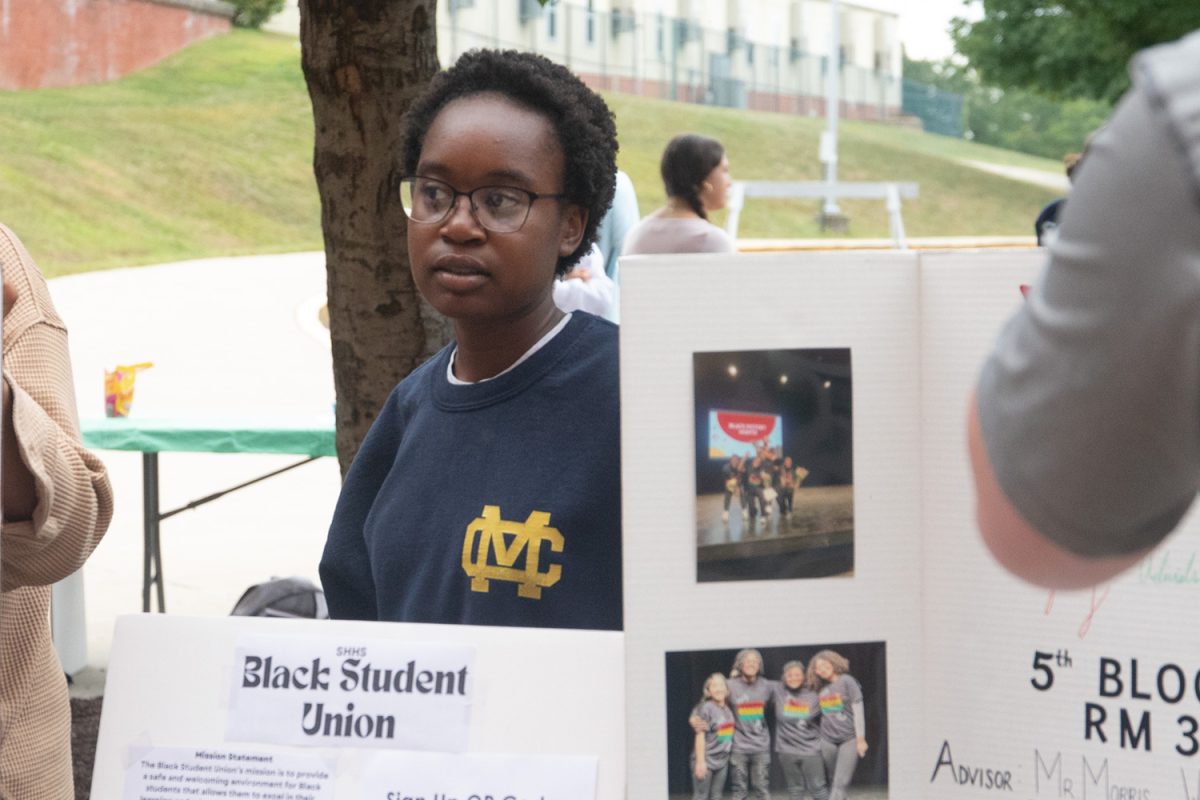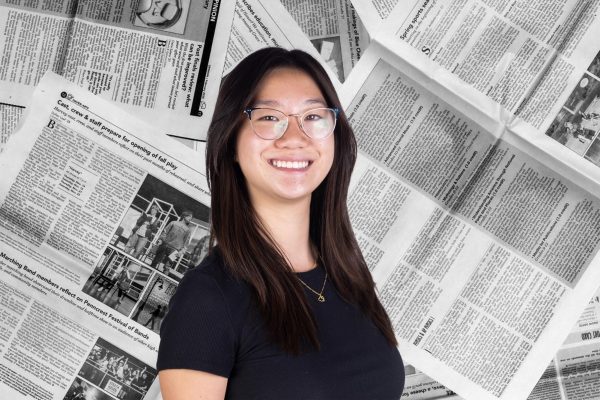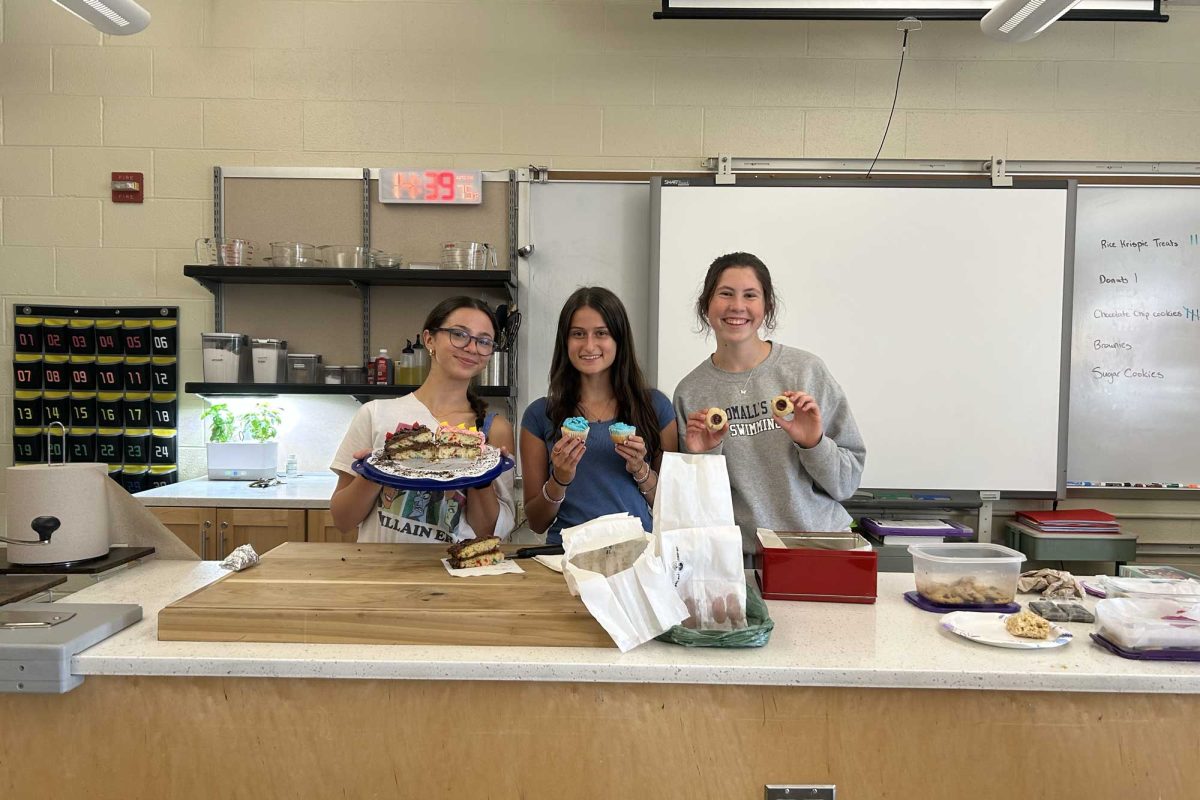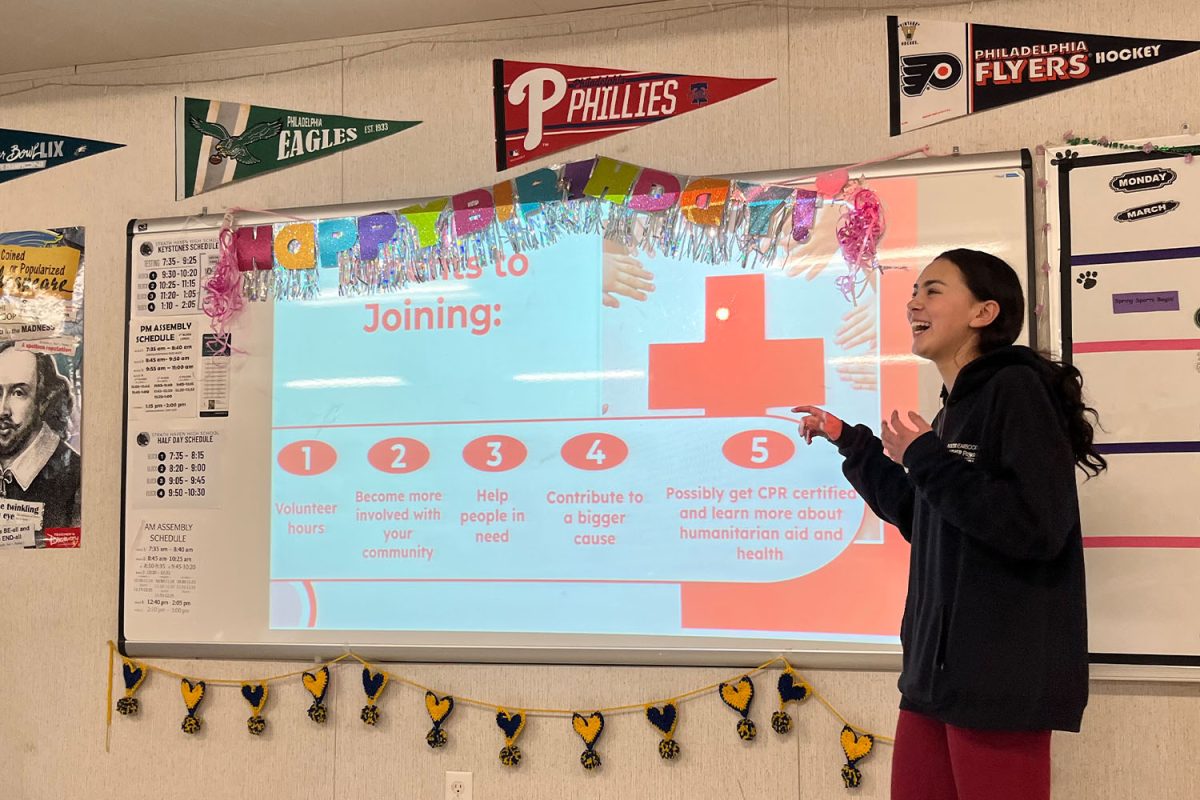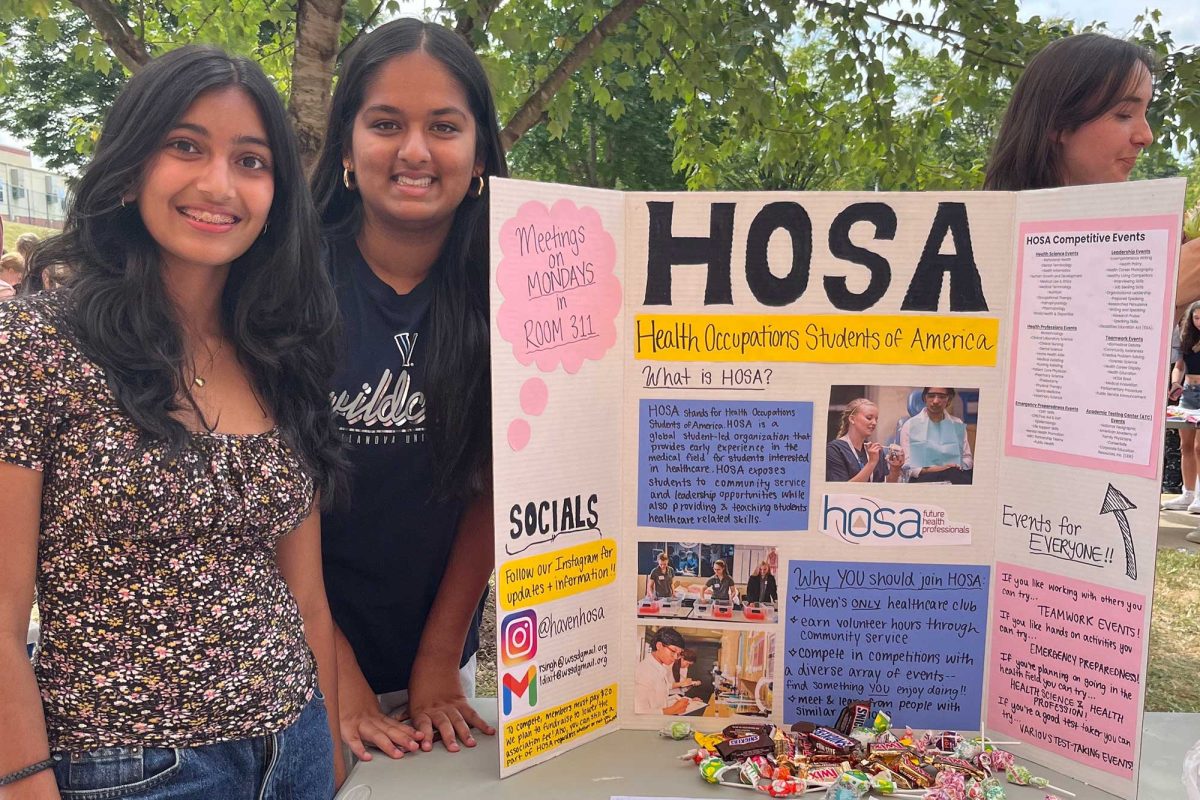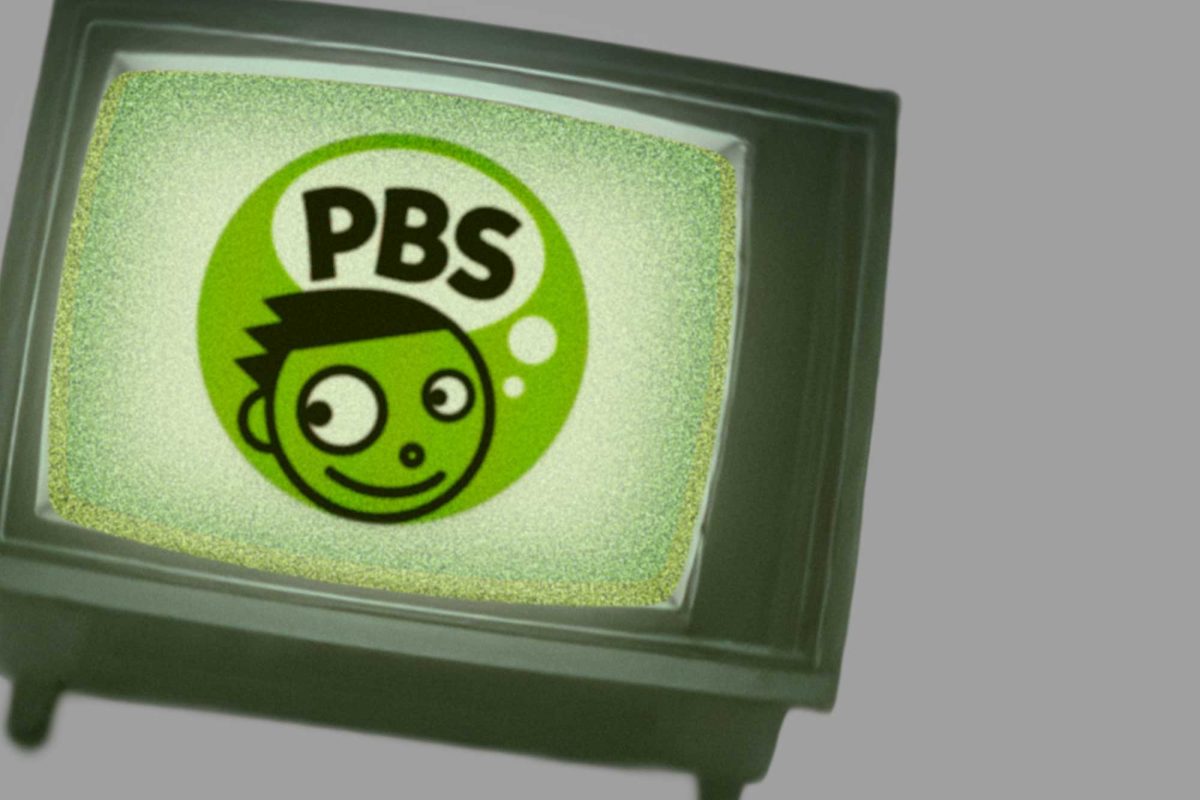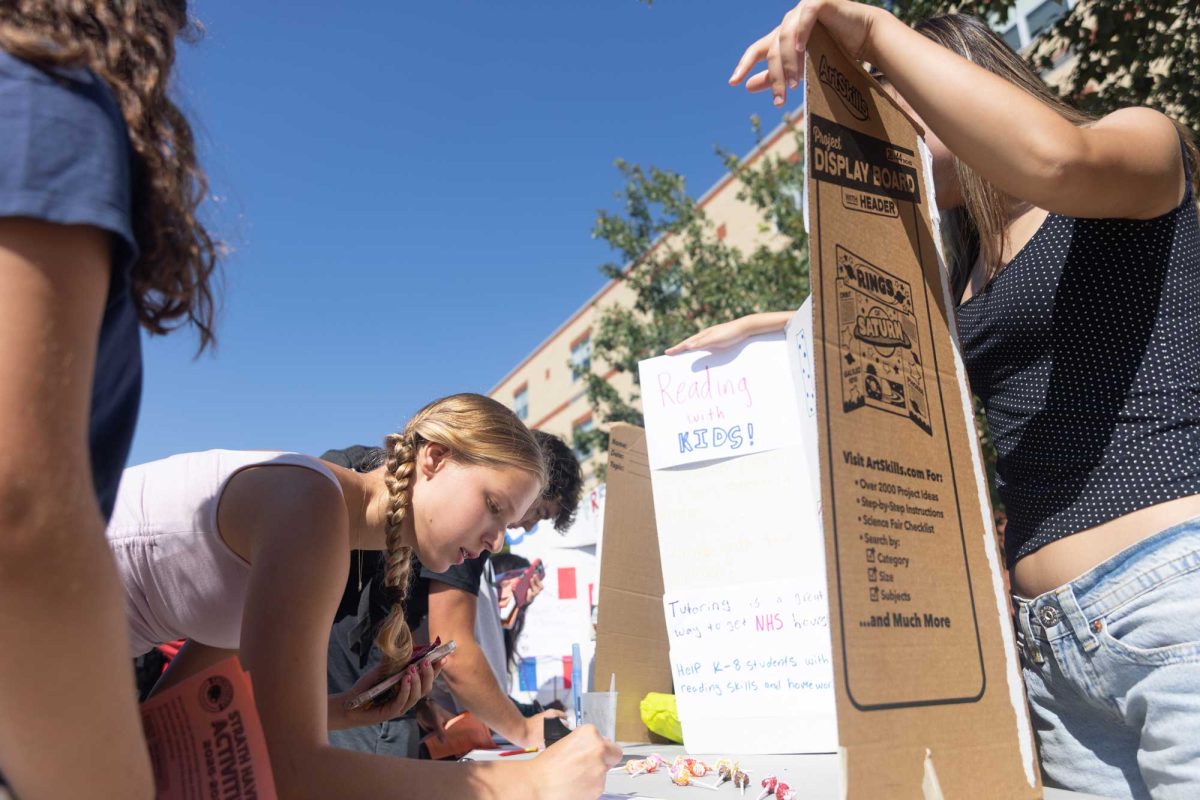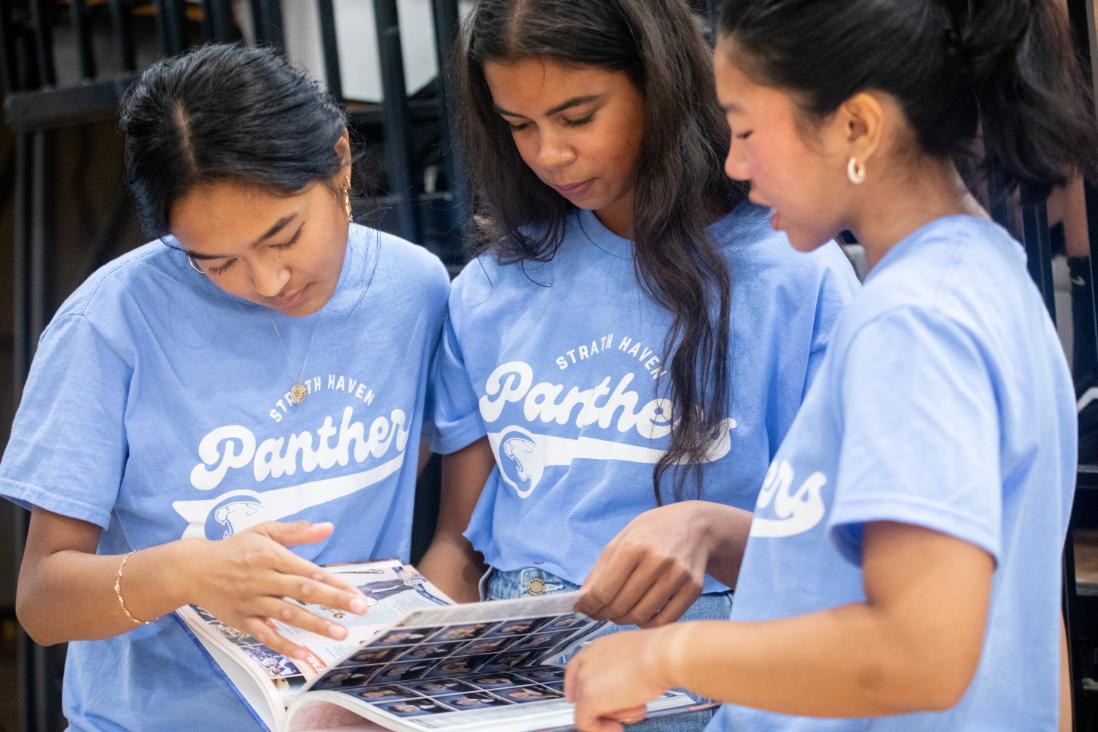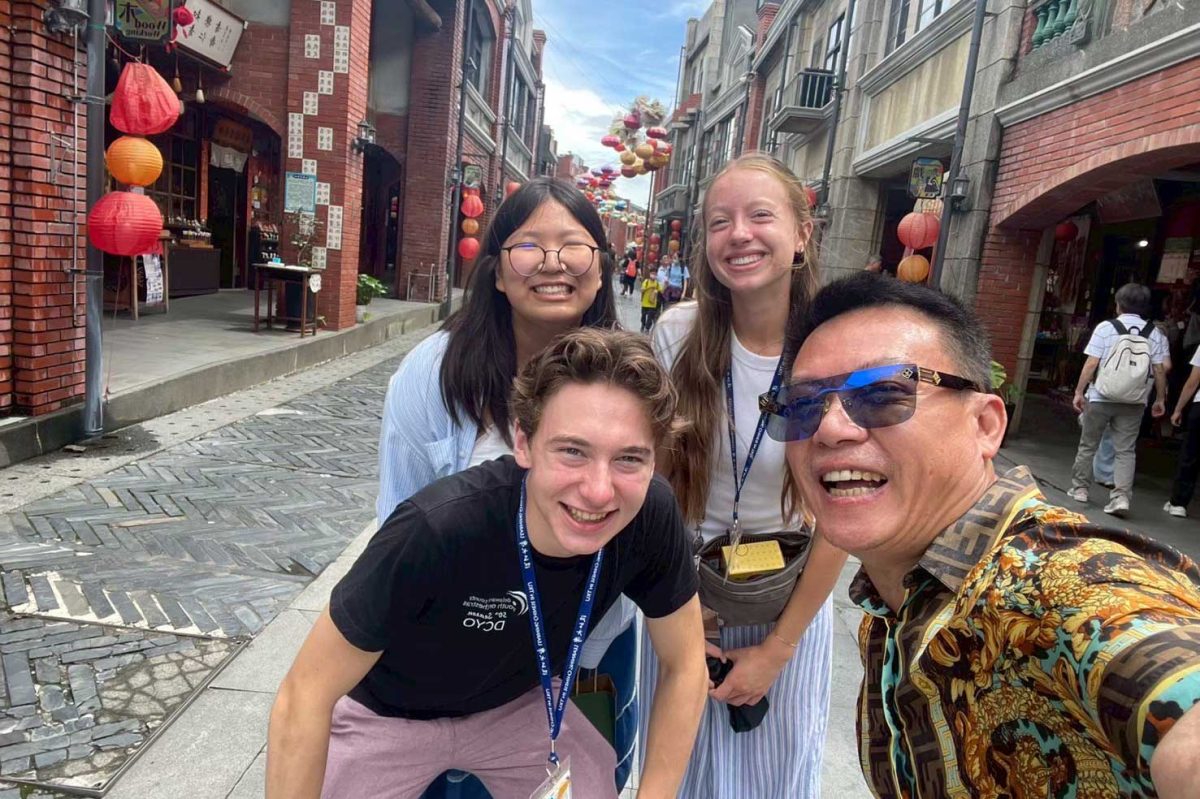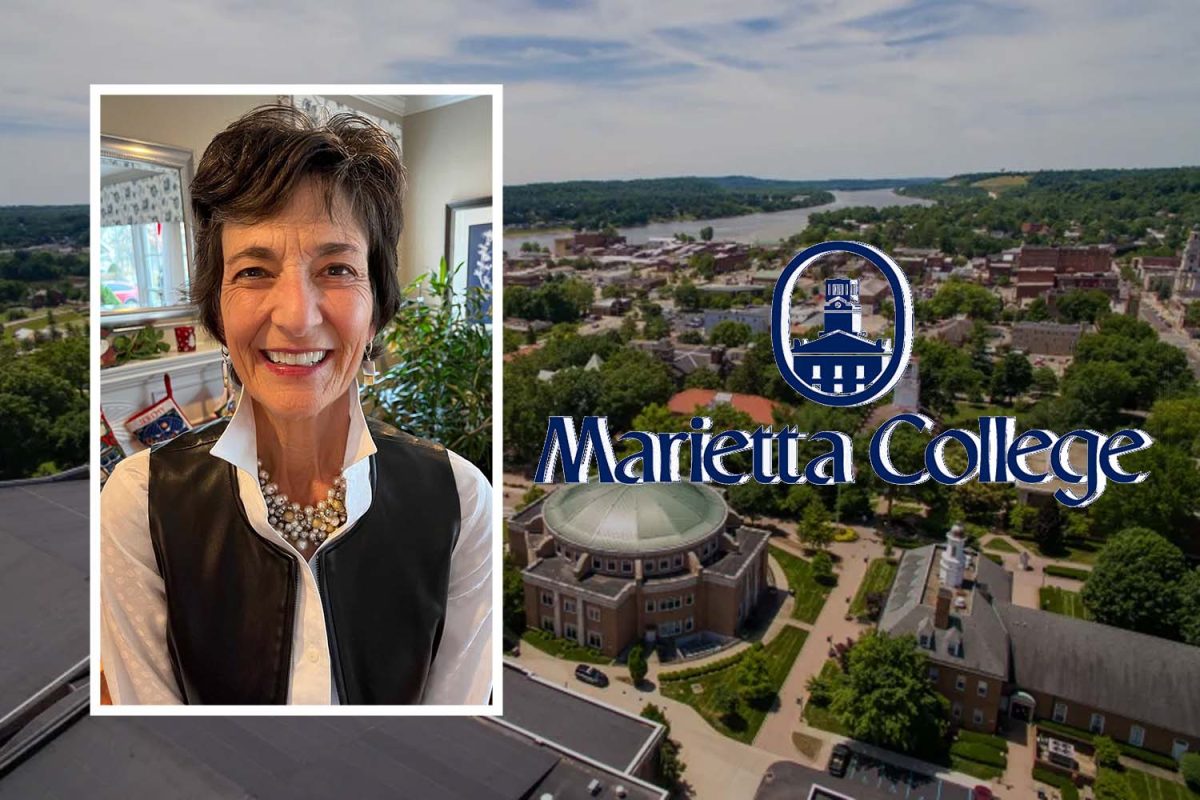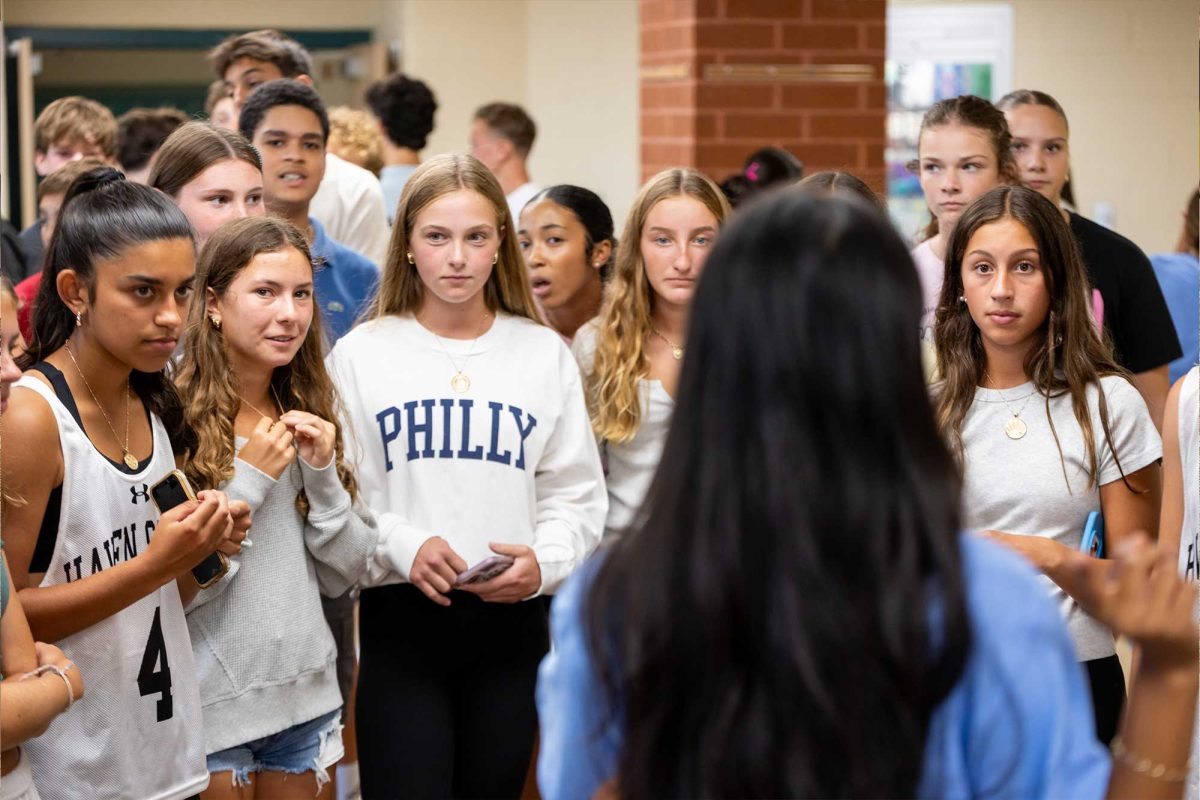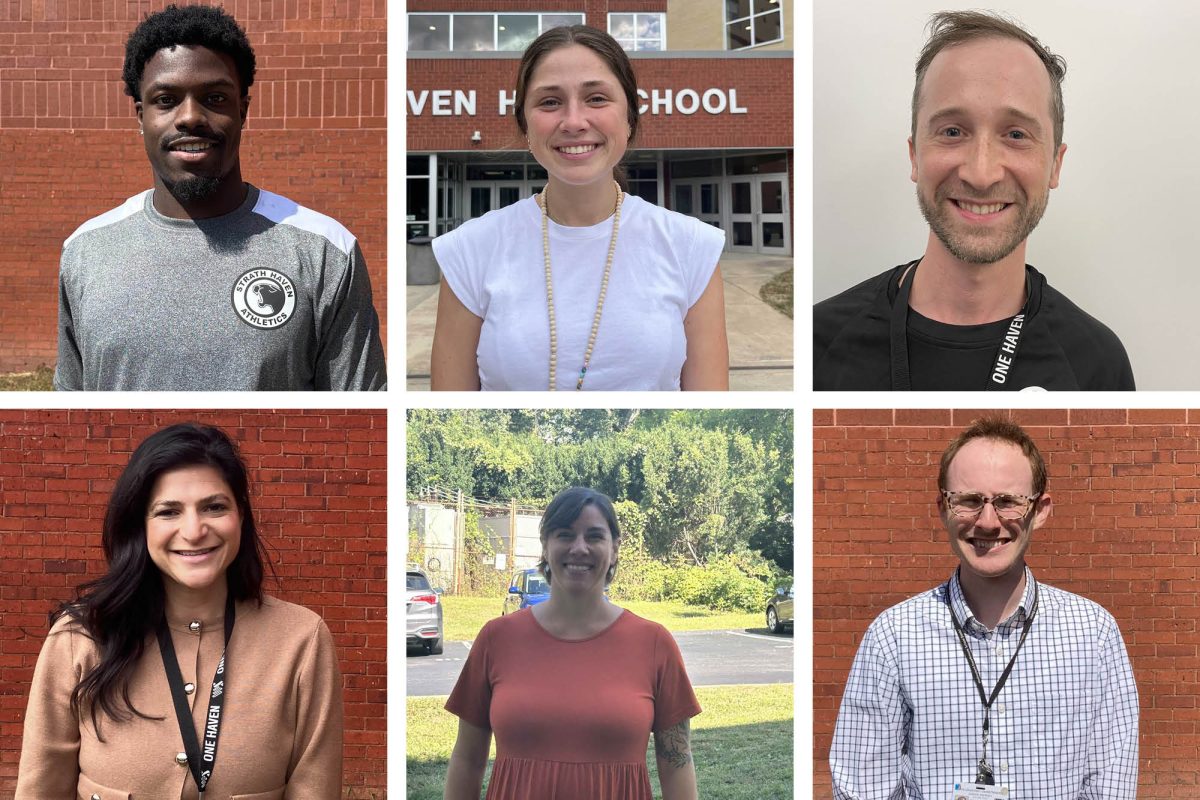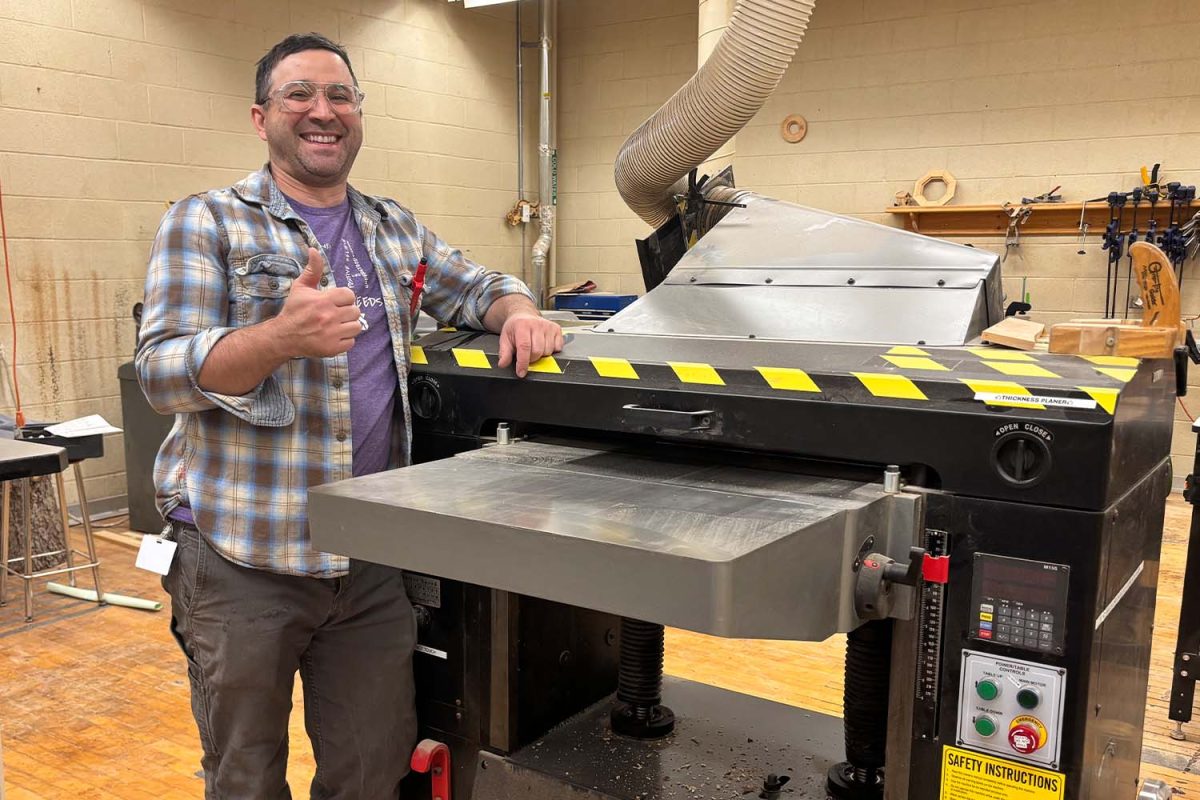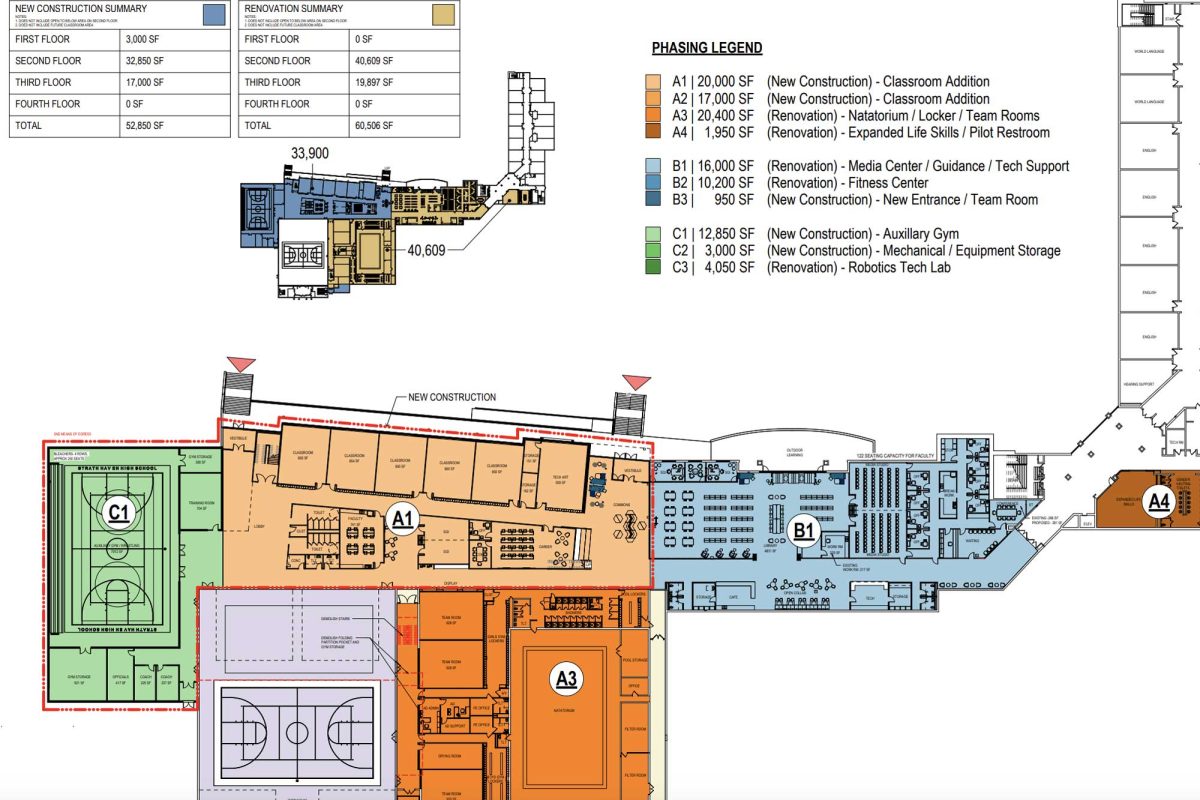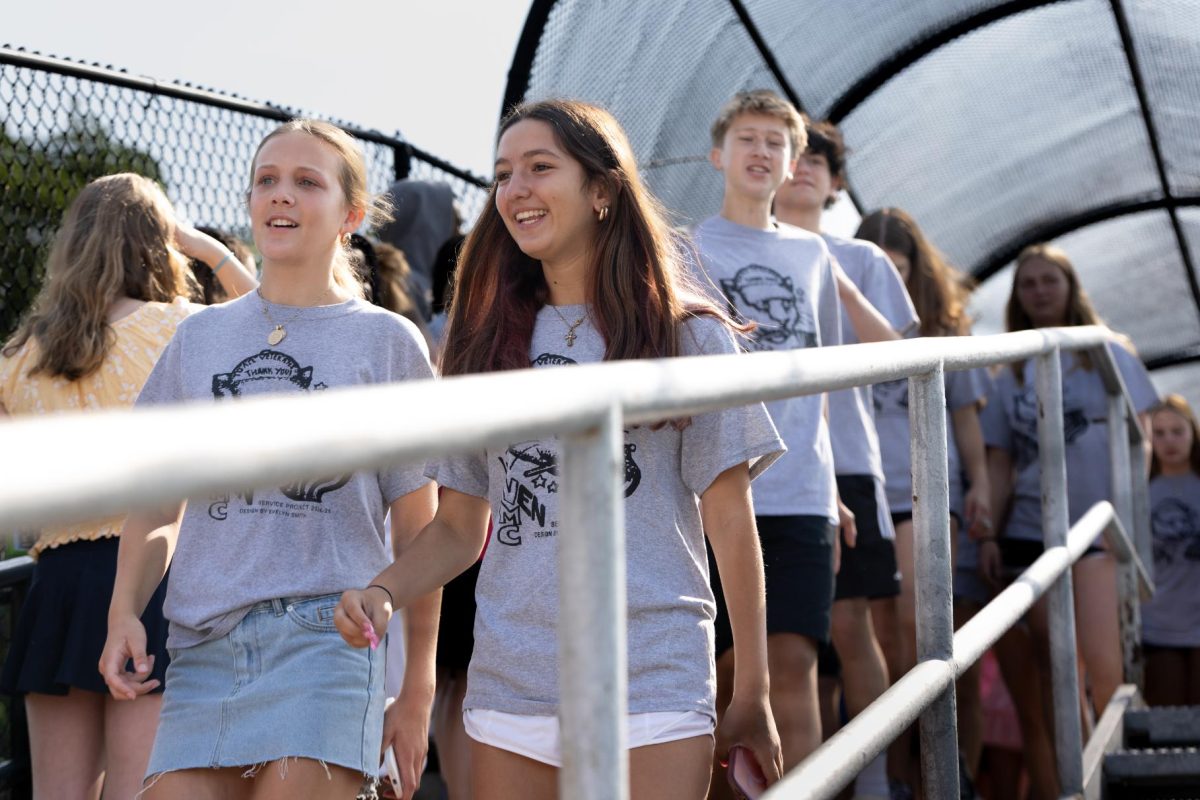Every Monday, markers poised and lollipops at the ready, Strath Haven’s Black Student Union is ready to educate and inform in room 313.
Black Student Union (BSU) was born from a simple question from Haven’s new assistant superintendent Dr. Sharon Baddick: Why doesn’t Haven already have a BSU?
“A lot of the things that we try to talk about are a lot of the things that experts try to talk about, like intersectionality and cultural appropriation, just [bringing] different things to awareness,” junior and Black Student Union student leader Elizabeth Mboowa said. “I’m still learning a lot about my African-Americanness through the club.”
Young Activists’ Coalition (YAC) served as a similar club to BSU in many ways. Now, BSU will be taking over some of YAC’s responsibilities, such as events like the Black History Month and MLK Day assemblies.
BSU will also include conversations tailored towards personal experiences with race and identity.
“Not only are they really trying to make sure that they’re creating a safe space for some of these—what can be tough—conversations to take place, they’re also informing kids about what these topics are,” club adviser Ms. Alissa Harvey said. “Not everybody knows what microaggressions are, not everybody knows what intersectionality is.”
Junior and student leader Thandiwe Jemwa was inspired by other affinity clubs like Asian Haven, which held a massive fundraiser through the Fire Noodle Challenge last year. Her goal for BSU is to make a similar impact.
“One of my ideas for BSU was to help, since it’s for the black community, help black homeless people by setting up toiletry bags and having fundraisers for those so we can supply that and give it away to shelters,” Jemwa said.
Jemwa’s elementary school was predominantly white, which was an adjustment for Jemwa when she moved here from Africa. Strath Haven is also predominantly white—75% white, according to the 2024-2025 school profile.
“I wasn’t in this district, but it was an adjustment because I felt like a black sheep,” Jemwa said. “I was around a lot of ethnicities as well, but they were also minorities, so there wasn’t a big population of them. I would say people who I was surrounded by were nice, but I also felt like, even today in high school, I also feel like I’m either underrepresented, or some kids just won’t do the right thing and make fun of people for things that they can’t control, like their culture.”
Freshman and student leader Dylan Blake described microaggressions such as the expectation that everyone can swim in gym class when in reality, certain hair textures are unable to go through the chlorination when recently done.
“I feel like, when you have a lot of white educators and you have a predominantly white population, there’s not really too much room for air. In that sense, I feel like the black education here is not very good,” they said.
They also want to reframe what black cultural education looks like at Strath Haven.
“A lot of people, when they hear Black Student Union or Black History Month, they’re like, ‘Oh, they’re just going to talk about slavery and how terrible everything is,’” they said. “These don’t always have to be sensitive topics, so something beautiful for me is everybody coming together and having the courage to have the conversation together.”
Creating something beautiful out of BSU is also a goal of another student leader, sophomore Daija Bradwell. She aims to create a similar environment to BIPOC (Black, Indigenous, and People of Color) from her middle school experience.
“We had a bunch of open conversations in BIPOC, and we could just talk freely, there was no judging, there was no discrimination. Everyone could just say what they needed to say. And I really want BSU to be like that, where we can just talk about anything we need to,” Bradwell said.
All student leaders encourage any students who are interested to show up.
“Anybody else can come and listen to how this stuff affects black students, or literally any other student a part of BIPOC, and we just want to have candid, productive conversations and just bring awareness,” Mboowa said. “There’s a lot of things that you might not even understand that might be affecting you.”



